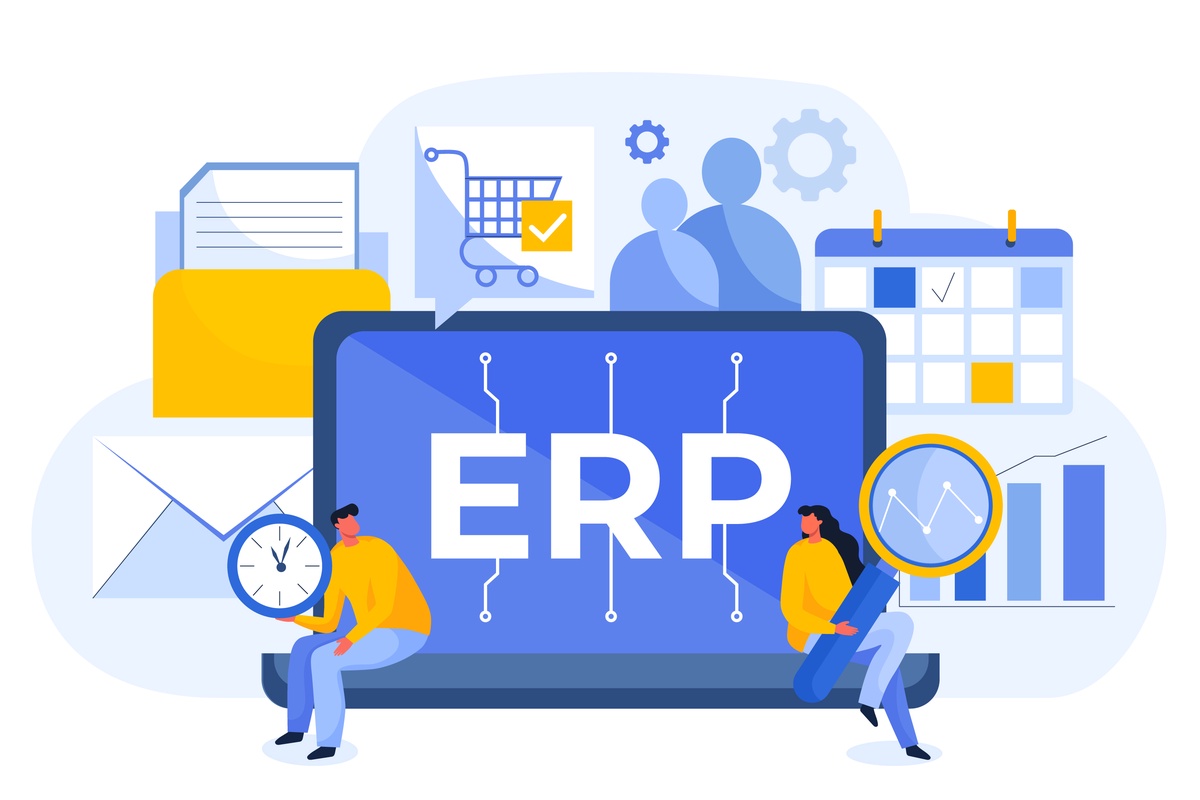Business Processes: The Importance of Optimizing Them
Business processes are the backbone of a successful organization. Any deviation from them can lead to inefficiencies, redundancies, and ultimately impact the customer experience. In the age of digital transformation, businesses need to streamline their existing processes, and provide a seamless customer experience across multiple platforms. Customers today demand prompt and accurate service. They expect their queries to be resolved quickly, without having to jump through multiple hoops. Therefore, organizations need to ensure that their business processes are capable of keeping up with these demands.
Digital Transformation: Opportunities and Challenges
Digital transformation has been around for a while now, and it is rapidly changing the way businesses operate. The emergence of new technologies such as cloud computing, artificial intelligence, and the internet of things has enabled organizations to enhance their agility, competitiveness, and customer experiences. Digital transformation has unlocked a world of opportunities for businesses, but it has also posed a host of challenges. These include cybersecurity risks, data privacy concerns, and the need to keep up with rapid technological advancements to name a few.
ERP: Streamlining Business Processes in the Age of Digital Transformation
Enterprise Resource Planning (ERP) systems have been around for decades, and they are widely recognized as one of the most effective ways to streamline business processes. An ERP system integrates all the different functions of an organization into a single, cohesive unit. This eliminates the need for manual data entry, reduces the risk of errors, and ensures that everyone in the organization has access to accurate, up-to-date information.
In the age of digital transformation, ERP systems have become even more vital for businesses. They enable organizations to automate their processes, make data-driven decisions, and provide a seamless customer experience across multiple channels. An ERP system can help in the following ways:
Improved Data Management:
ERP systems enable businesses to keep track of their data in a centralized, organized manner. This means that employees can access accurate, up-to-date information from anywhere, at any time. This ensures that communication errors are minimized, and all stakeholders are on the same page. ERP systems also ensure that sensitive customer data is kept secure, and that data privacy laws are adhered to.
Better Customer Service:
Customers today expect prompt, accurate service. ERP systems enable organizations to provide a seamless customer experience by automating their processes, and ensuring that all customer interactions are tracked and analyzed. This means that organizations can identify patterns in customer behavior, and tailor their services accordingly. For example, if a customer has had a bad experience with a particular product or service, an ERP system can flag this, ensuring that the customer is given extra attention the next time they interact with the organization.
Increased Efficiency:
ERP systems automate a host of business processes, reducing the need for manual data entry, and minimizing the risk of errors. This means that organizations can complete tasks faster, and with greater accuracy. Furthermore, ERP systems provide insights into which areas of the organization are performing well, and which need improvement. This enables organizations to optimize their processes, and ensure that all departments are working towards a common goal.
Enhanced Flexibility:
ERP systems enable organizations to be more agile and adaptable. Once an ERP system is in place, organizations can make changes to their processes without disrupting their operations. This means that they can respond to changes in the market, new customer demands, and emerging technologies with ease. Furthermore, ERP systems can be customized to fit the needs of different departments, ensuring that everyone benefits from streamlined, efficient processes.
Conclusion
In conclusion, ERP systems are a vital tool for organizations in the age of digital transformation. They enable businesses to streamline their processes, enhance their customer experiences, and make data-driven decisions. ERP systems have been around for decades, but they have become even more critical in the digital age. Organizations that do not have ERP systems in place risk falling behind their competitors, and failing to meet the growing demands of their customers. Therefore, it is essential for software developers and Chief Information Officers to understand the importance of ERP systems, and implement them across their organizations.


No comments yet